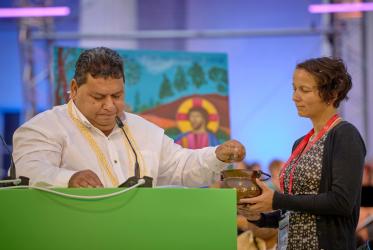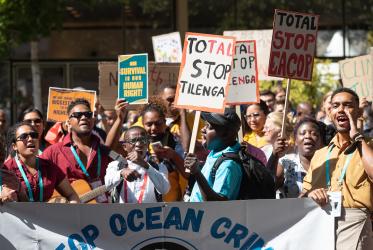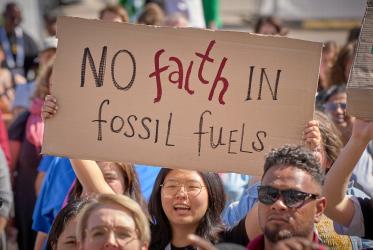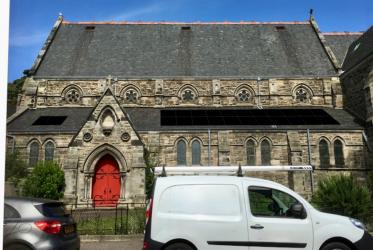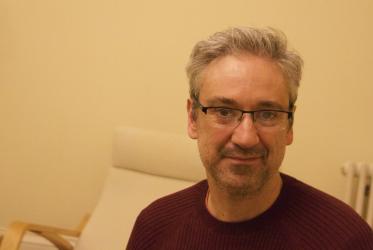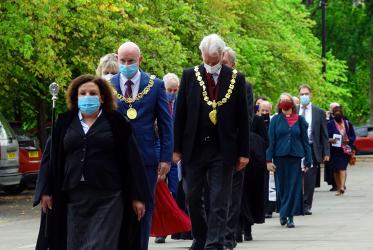Displaying 1 - 20 of 22
Ukraine: Responding to humanitarian need
08 September 2022
The earth is the LORD's… and the Lord is claiming it back
07 September 2022
Multifaith advocacy for the climate: Not really much time left
04 September 2022
Youth demand climate justice
03 September 2022






